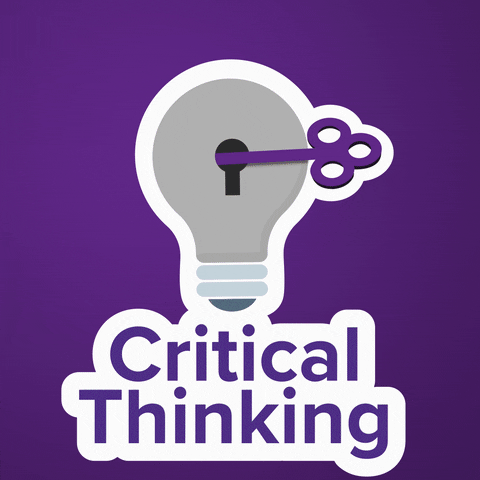Even though completing college is a massive moment for most students, they should consider learning specific skills before graduation.

Before entering the workforce, they should be ready for the challenges of the working world because there are many factors that companies look for in a candidate.
Read also, 5 Reasons Why Every Student Should Freelance
Today, Dr. Job Pro is here to discuss ten skills that students should learn before graduation to guarantee the best job opportunities.

1- Effective time management

Students that have trouble managing their time will struggle to graduate, and thus it is tough to learn how to manage one's time.
Time management difficulties can be a burden for college students, but the actual problems start when they enter the working world.
The working world is challenging because if you're late for your job, you might get fired.
To ease the transition into the workforce, make a habit of always being on time for classes and appointments. It will serve you well in the future.
2- Relationship building and networking

You'll have an easier time standing out at work if you leave a great first impression. Mainly when you're networking with other professionals, it's essential to make an excellent first impression.
Learn how to dress for success, what a proper handshake looks like, and always make eye contact.
It's essential to establish common ground with others, so get in the habit of using small chats to find out what you have in common.
Conversations will be more exciting and will produce more insights about your colleague.
3- Soft skills

Soft skills, unlike hard ones, are more focused on how you work with people and are acquired through time. You can enhance them even if they are more personality-based.
4- Critical Thinking

When addressing an issue or problem, critical thinking is a process that relies on assessing information to produce the best possible solution.
You may make well-informed judgments when you rely upon your own experience, logic, analysis, and conversations with others.
5-Learning languages

Being multilingual gives you a range of advantages, such as a higher salary, better impressions in interviews, increased possibilities for traveling abroad, and improved career opportunities.
6- Research skills

Our research skills define our capacity to answer questions and solve problems. They involve acquiring information, examining and understanding that information, and reaching a solution via that process.
Employers require research skills because they allow them to produce new goods or services, discover what their consumers want, enhance their offerings, stay current with industry developments, and compete in the global market.
7- Leadership

If you're in a managerial role or running a project, you must guide others to perform a succession of duties, usually imposed timelines.
Organizations need influential leaders to survive. They enable strong teams to be built inside businesses and ensure that projects, initiatives, or other work tasks are carried out effectively.
8- Self-motivation

Traditional workplaces as we have known them may soon be a thing of the past.
You will need to be highly motivated and self-directed to succeed since you will need to work alone, set your schedule, and collaborate utilizing various communication channels.
9- Stress management

Finding a low-stress job is challenging. A more practical method is to put successful stress-reduction techniques into practice.
You may begin learning to handle stress on your assignments in college to give you a jumpstart in stress management in general.
10- Computer skills

Including computer programs' knowledge on your resume and CV helps present your strengths and provide a roadmap for your future career. Aside from making job applications more accessible, computer skills may also offer you a boost in pay since you are better prepared to take on additional tasks.
By adding these more duties to your workload, you may get promoted in your organization, which means even more interesting, demanding, and gratifying work awaits you.
Overall,

We will publish a series of articles on every one of the ten skills students should learn before graduation to assist you in their learning.








 2023-04-26
2023-04-26
 2023-04-04
2023-04-04
 2023-03-22
2023-03-22
 2023-03-20
2023-03-20
 2023-03-08
2023-03-08